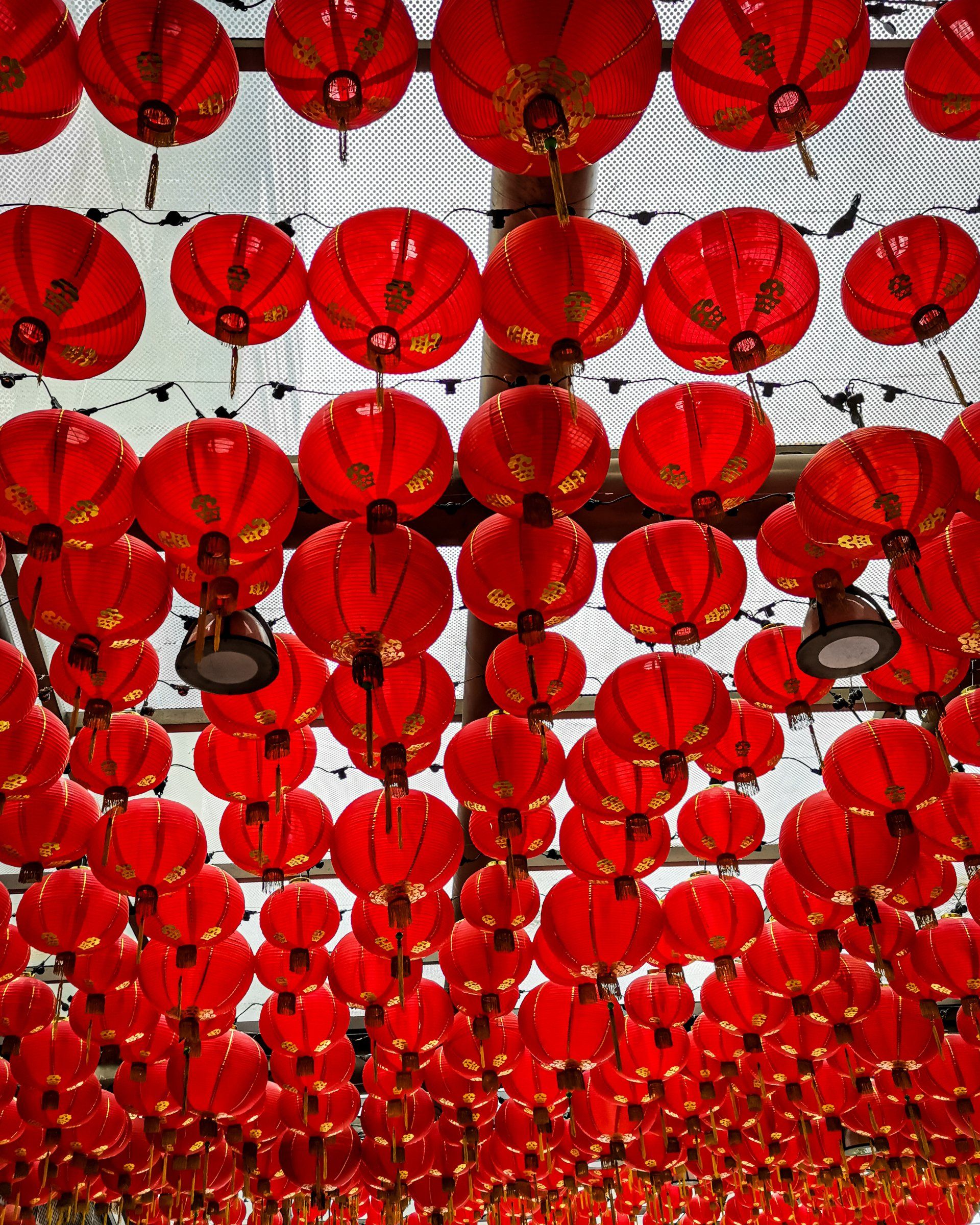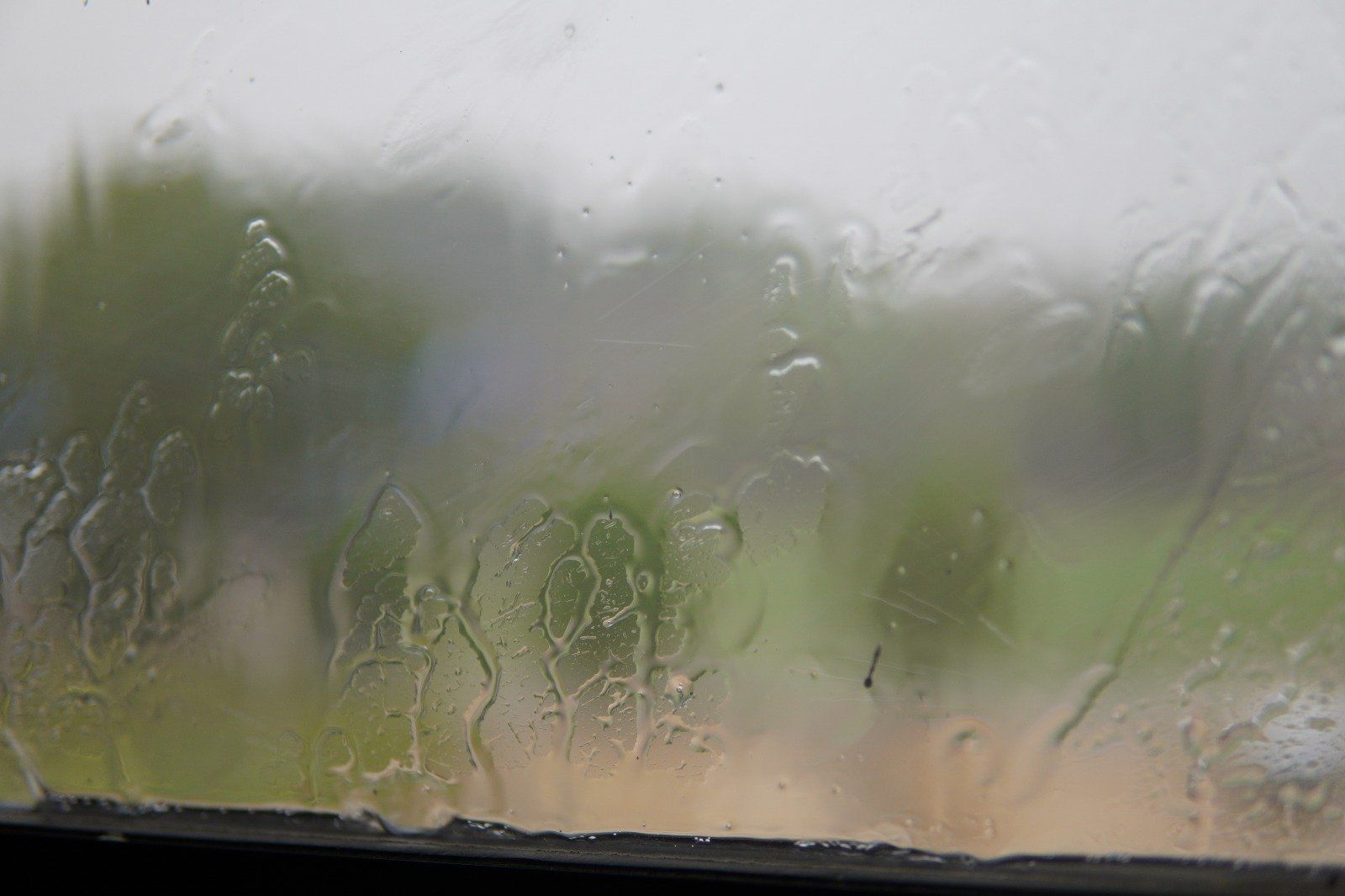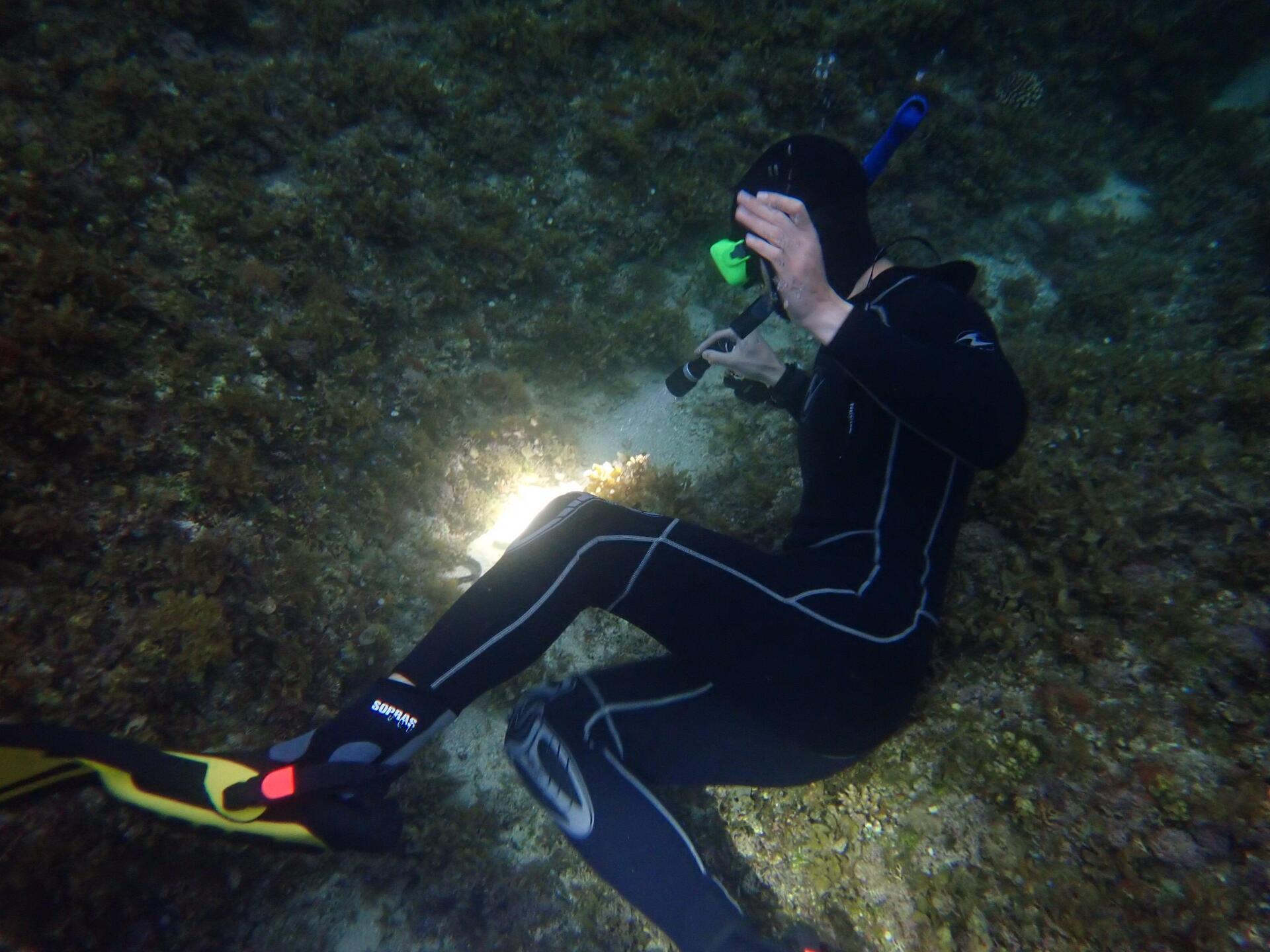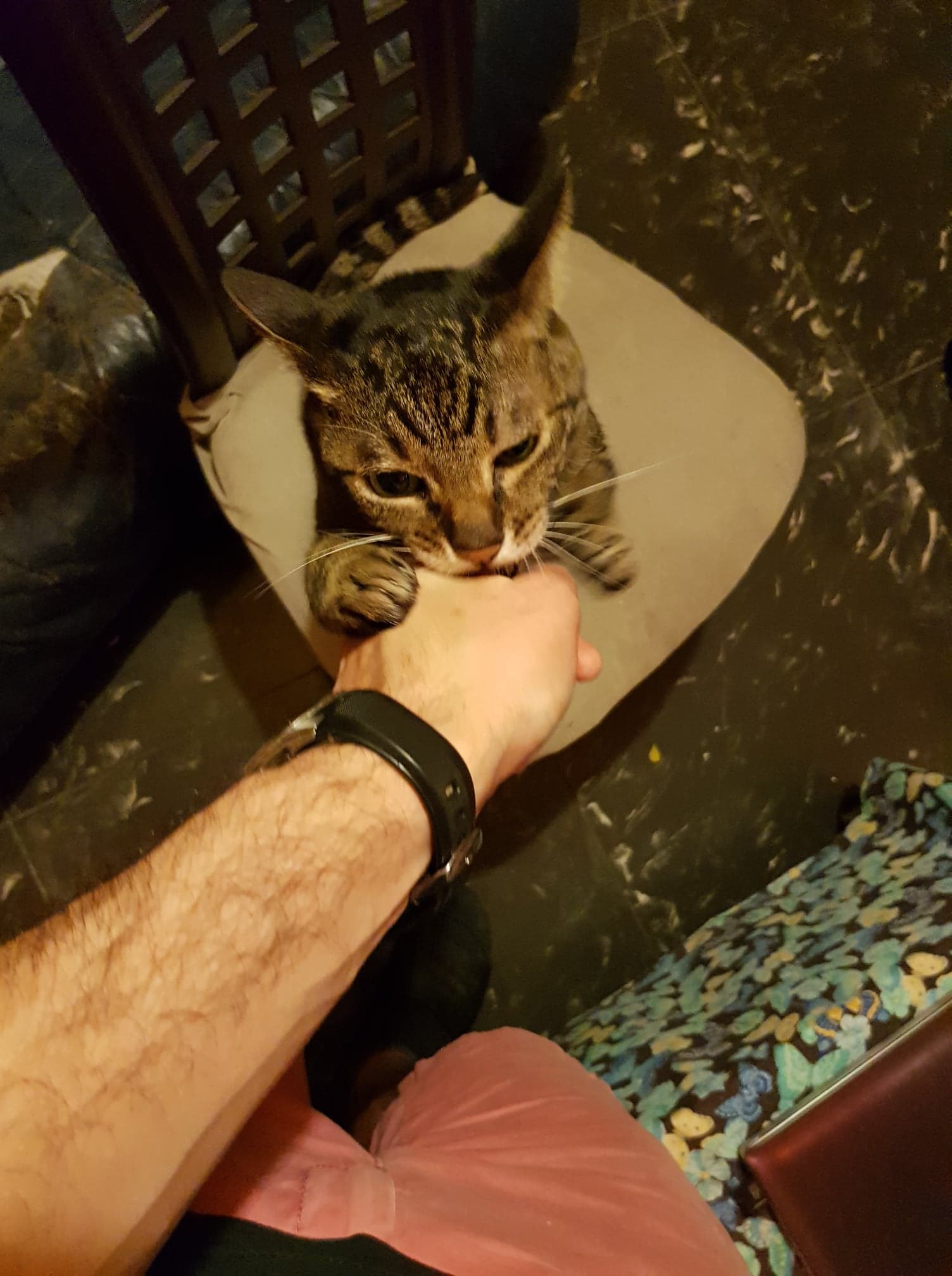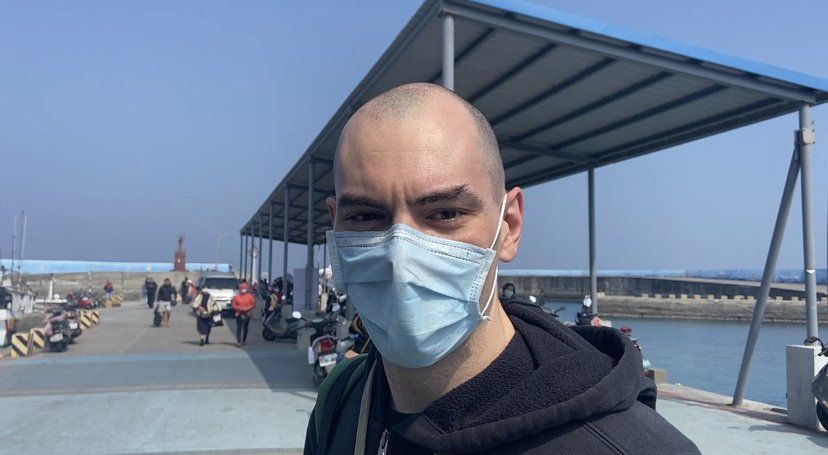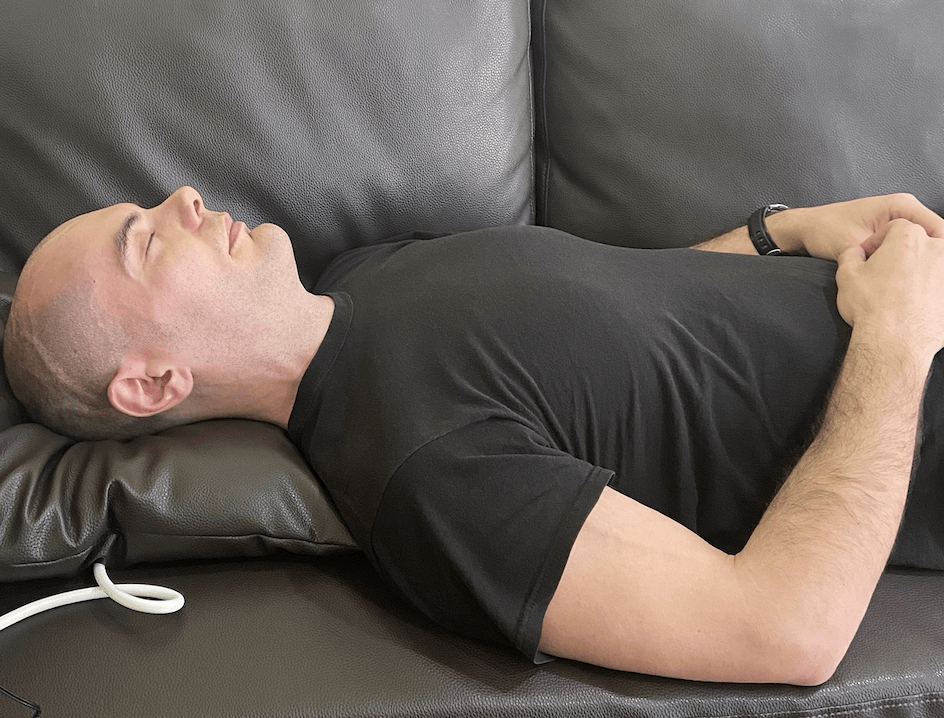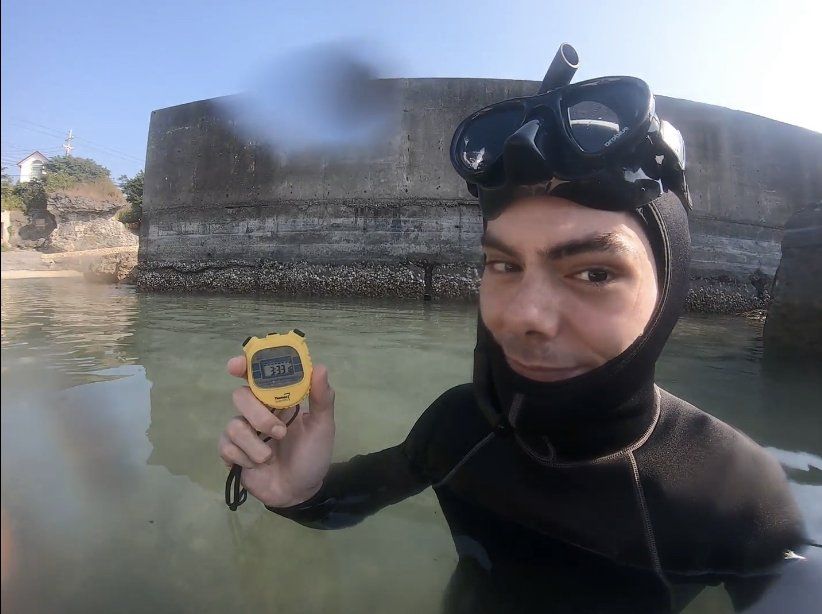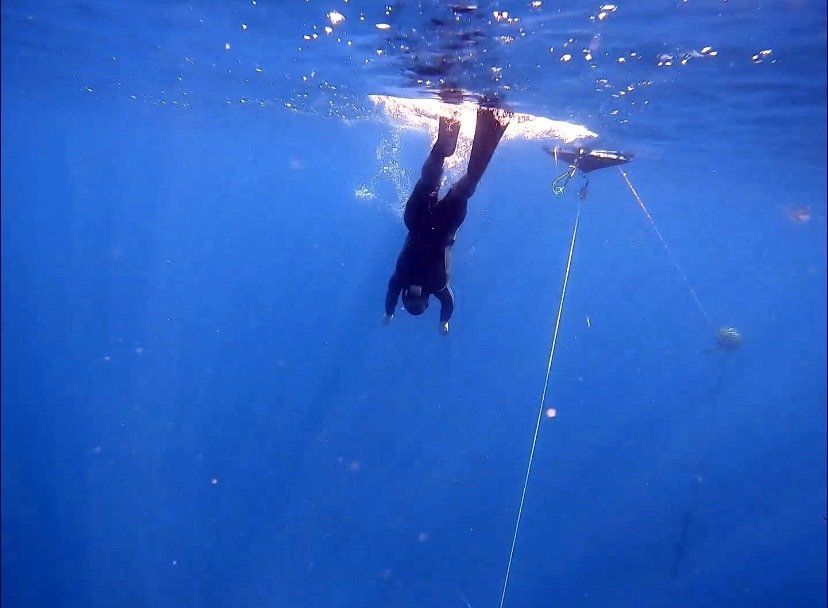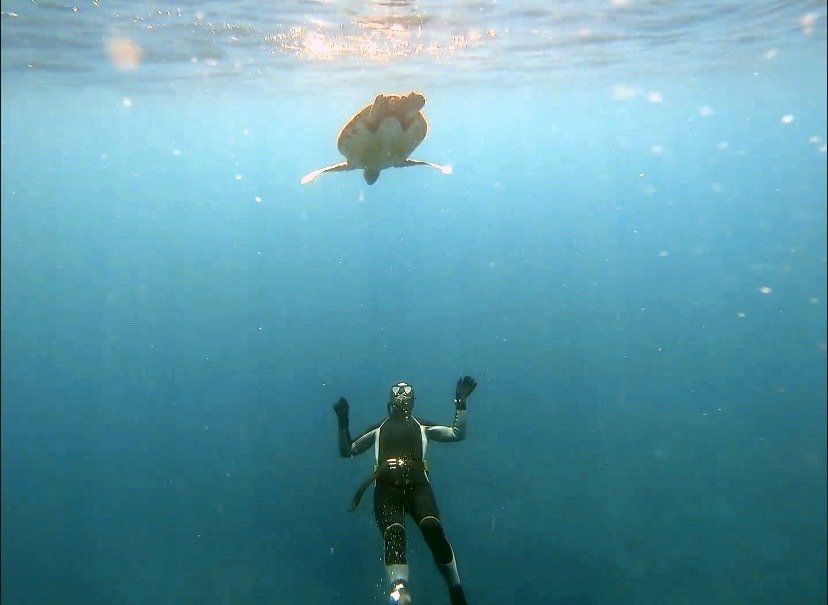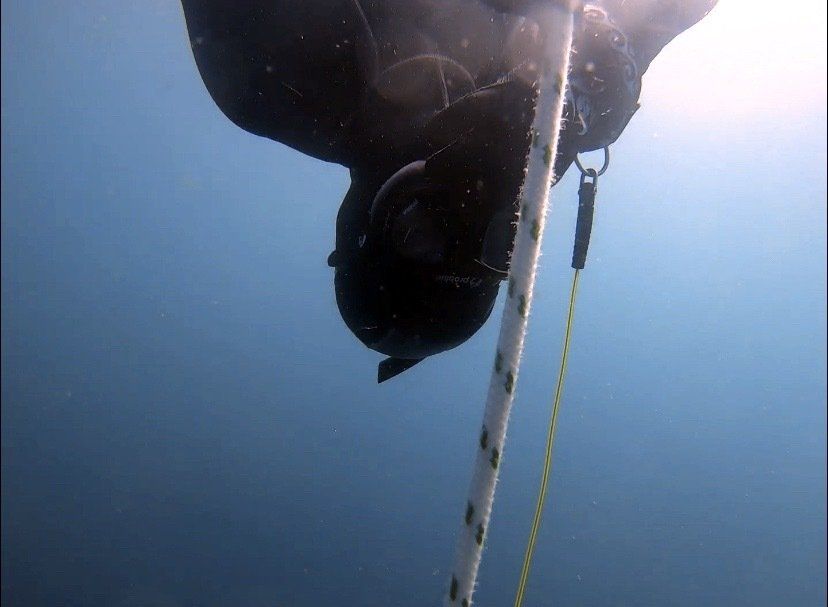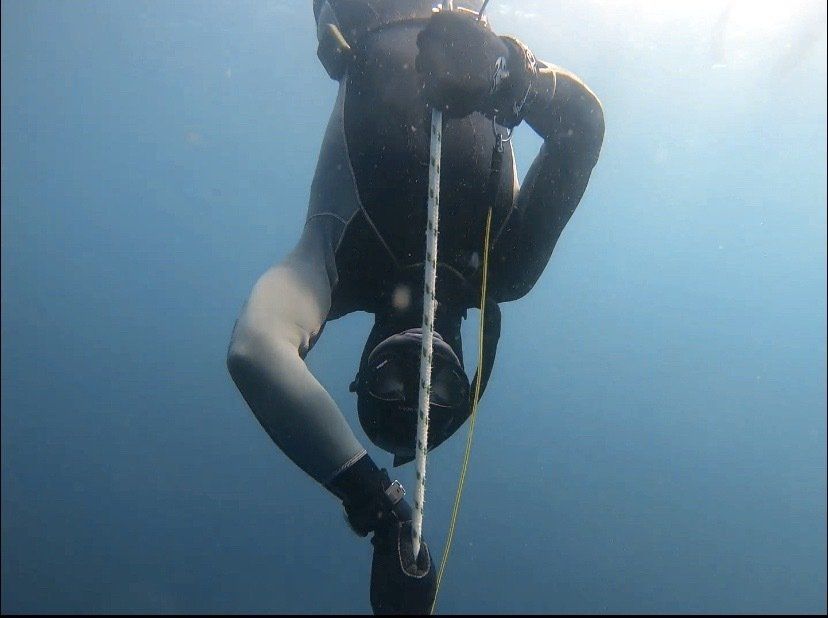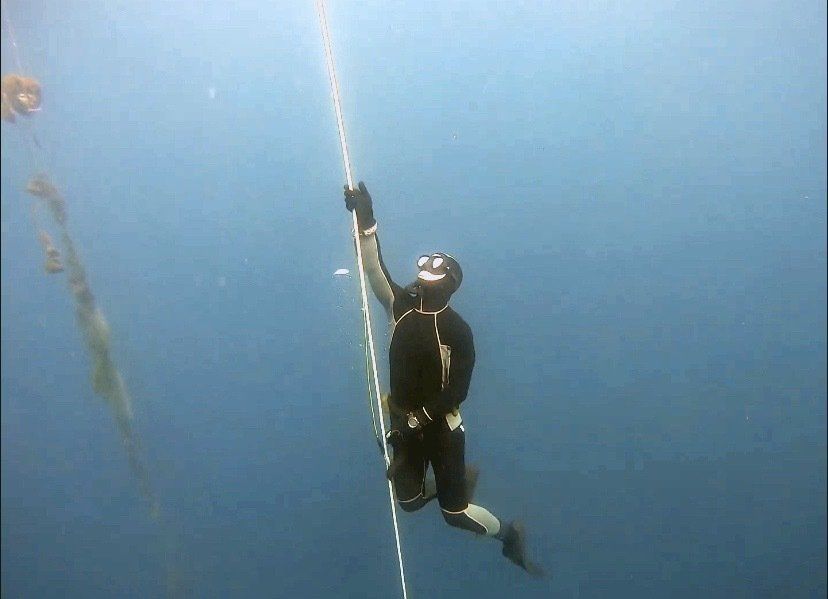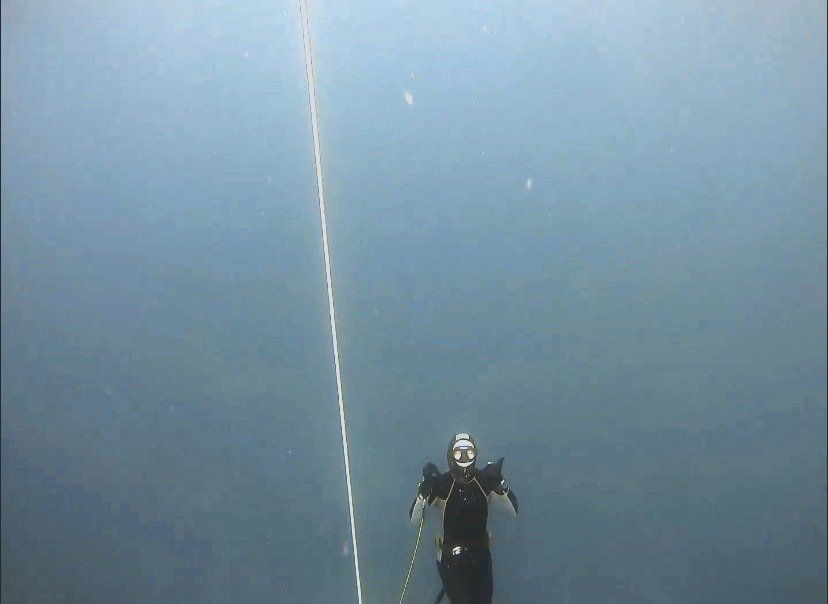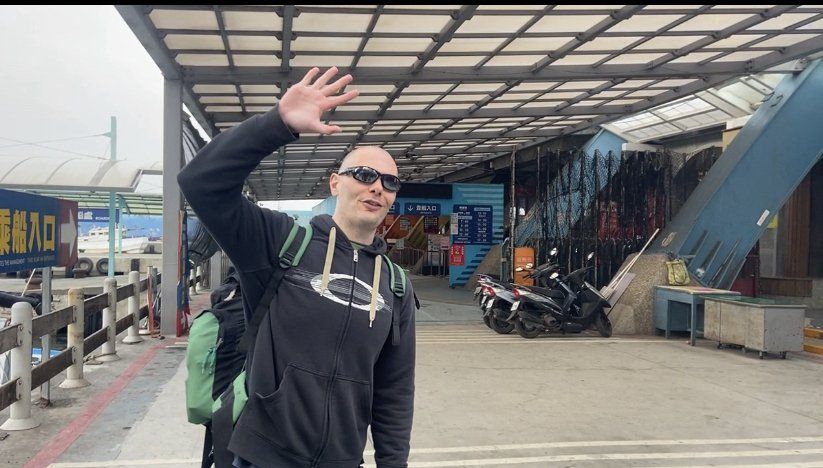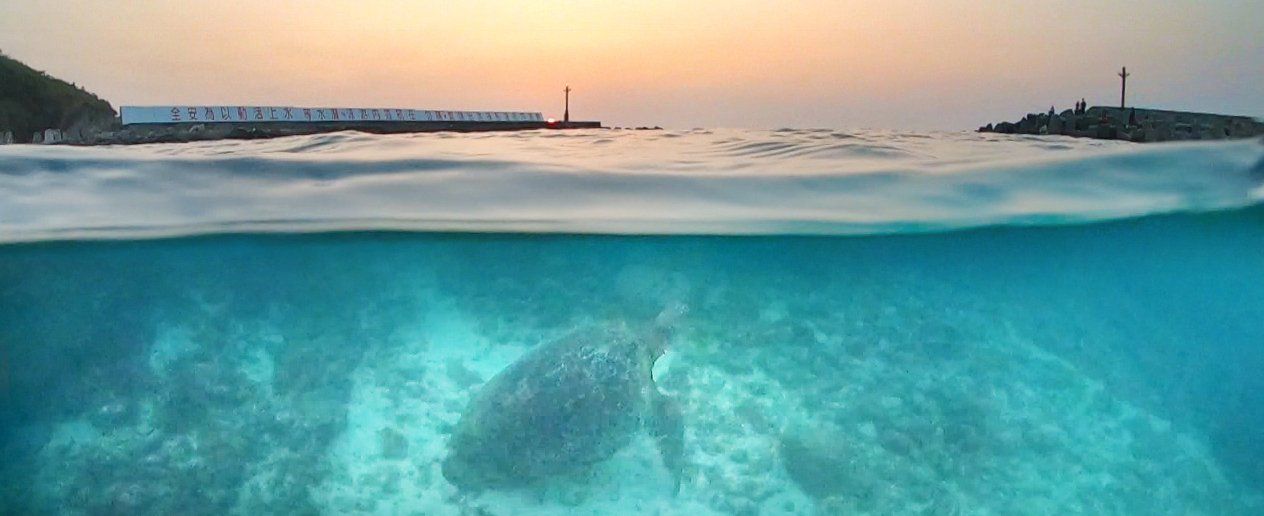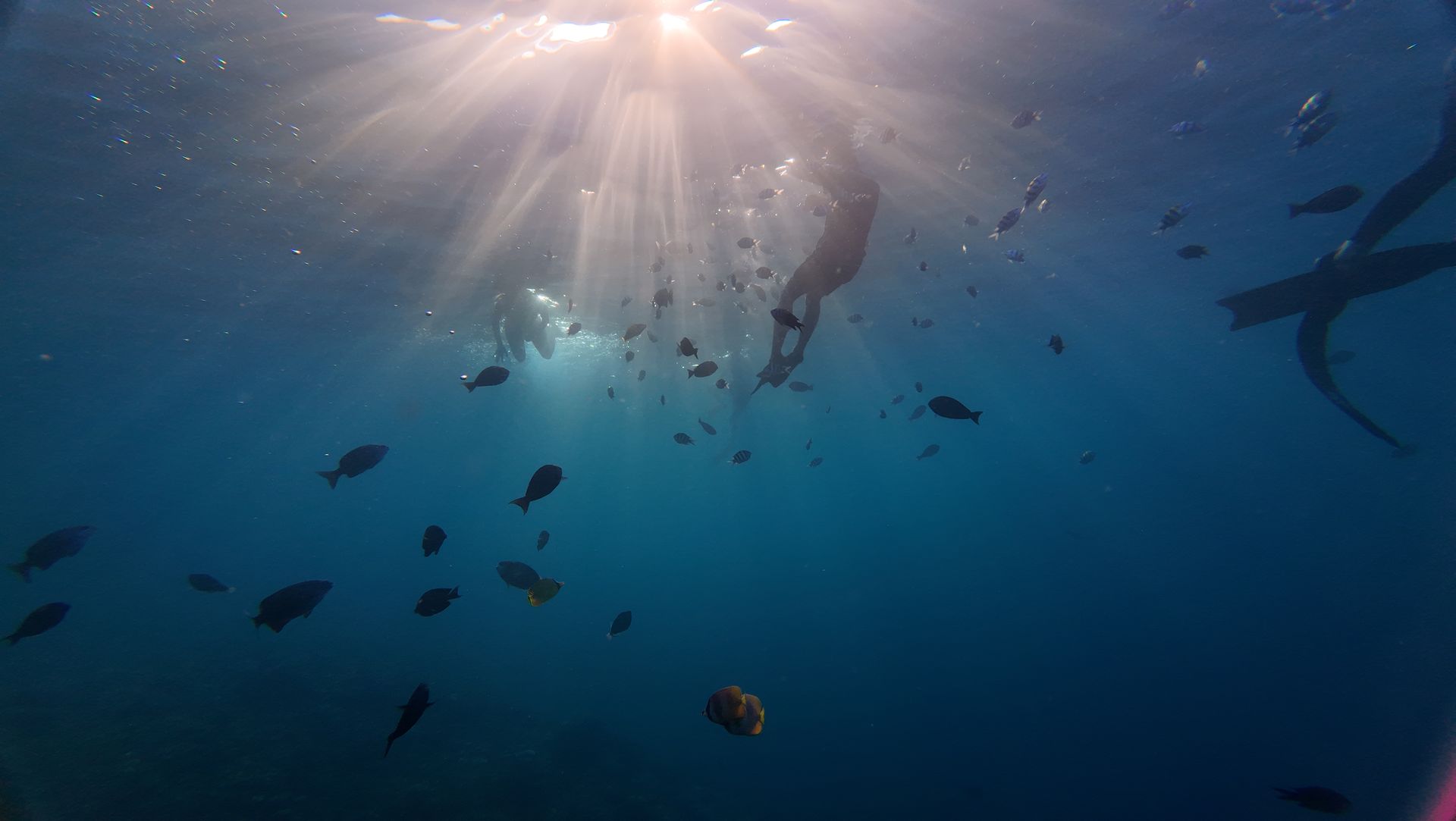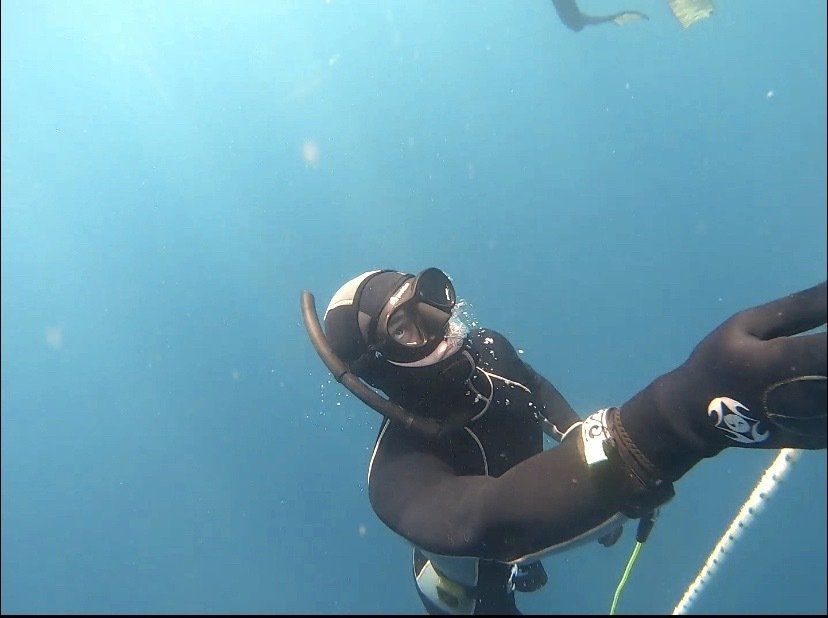
Good to Chill at Home During CNY
Needless to say, this last CNY didn’t have the usual prospects. It’s ok, I thought, it’ll still be good to have the time off. I have a pretty nice patio at my rooftop apartment, and the weather wasn’t looking too bad. Might as well spend the time reading and writing on the patio while I relaxed with my cat sleeping on my lap. Who could complain about that?
But the Misery Sets in
could, as it turns out. Three days in, and I was miserable. It wasn’t the construction hammering away every day, from 8am-5pm directly next to my apartment. It wasn’t the weather taking a turn for the worse, either. It wasn’t even an unexpected injury that kept me out of the gym and robbed me of even the most rudimentary sense of accomplishment.
It was the feeling that I should be traveling. The feeling that every year for the last decade and a half, I’ve been surrounded by familiar faces, brand new scenery, or both, and now here I was, waiting out the clock on what was supposed to be the best time of the year. I felt isolated and completely alone.
On the fourth day, I woke up at 8am, got out of bed at 2pm, and realized that something had to give. Maybe I couldn’t go and see my family, and maybe I couldn’t fly out to a tropical paradise, but Taiwan still has plenty of spots that are worth visiting, even if it’s not quite the right season for it.
Ray, the Freedive Instructor
Then I remembered Ray. We’d met 7 years prior at a Brazilian Jiu Jitsu (BJJ) club and quickly struck up a friendship. In the time since I’d met him, he’d quit his job in finance, traveled the world, become obsessed with freediving, and even managed to convince his awesome girlfriend to become his awesome wife.
They’d spent the first part of the pandemic in Las Vegas, but they’d recently made the move back to Taiwan so that Ray could pursue his dream of being a freediving instructor. Since then, on a fairly regular basis, we’d chat about what was going on in our lives, and he’d hit me with some variation of “You should really come down and take my course some time, man. I’d love to help you learn how to not kill yourself.”
Unaware of the Dangers
He wasn’t exaggerating about that, by the way. I routinely did things in the water that made him legitimately upset to hear. Snorkeling alone, diving down 5+ meters into the water, holding my breath until I felt like my chest was collapsing, and racing back to the surface to fill my lungs before doing it all again.
I didn’t see the harm in it, but Ray sure did, and he really wanted to make me understand how much danger I was putting myself in. Then there was the breath holding. It didn’t seem like a particularly dangerous thing when I started doing it, just a fun way to immerse myself in the calm serenity of a coral reef.
Holding my breath left me completely still and completely relaxed, surrounded by the beautiful silence of reef fish schooling around me, and the ubiquitous clicking and crunching that’s so easy to miss until you notice that it’s literally coming from all around you, like an alien amphitheater that you never even realized you’d wandered into.
The breath holds got longer and longer the more I did them. Two minutes became three, then three and a half, and eventually I wasn’t satisfied unless I crossed the four-minute mark. That means I was fighting the muscle spasms, suppressing the internal alarms, and denying the desperate pleas for breath from my own body until I felt like I was about to black out. Alone. In the middle of a deserted coral reef. Repeatedly.
When are you going to take a course?
Good old Ray had gotten very comfortable living on Xiaoliuqiu Island by this point. He had just about finished setting up his freediving school by the time I had managed to dig myself way too deep into my own depression, and when I sent him a message to check in, he once again asked me when I was coming down to take his course.
I was still on the fence about the whole idea at this point. I liked the idea of visiting a buddy, being on an island, and spending some time in the water…but it was February. Even in southern Taiwan, that meant it was likely to be chilly on land and freezing in the water. I love being in the water, but even in the bright sun of the Philippines, I frequently need an extra wetsuit layer on scuba dives to avoid shivering so much that I blast through my air tank in record time.
On the Fence
I was totally on the fence. Desperate to get something resembling a getaway, but nervous about ending up on a cold, wet island with an even-colder, even-wetter ocean. So I asked the most sensible questions I could think of. How was the weather lately? How easy was it to get there? How hard was it to find a place to stay? Were people actually still getting in the water?
The answers to those questions left me feeling surprisingly optimistic. The weather had been dry and unseasonably warm, and was forecast to stay that way for the next week. Because of the high-speed rail (HSR) down the west coast of Taiwan, getting there was a pretty quick and easy process.
Train ticket booked, room booked
Ray had several friends on the island already (of course), and knew a few places with open rooms that he could help me book. And the water was cold, but there were plenty of thick wetsuits on hand, so people were in the ocean all day, every day. If they could do it, why couldn’t I?
“I’m in!”A quick trip downstairs to 7-11, and I had my HSR ticket for the next morning. A few messages and a quick meetup with a friend later, and I had someone reliable to come over and take care of my cat every day while I was gone.
All that was left was cleaning and packing, which took a while since my place was looking a little rough around the edges, but I got it done. It was about the time I had finished cleaning that I noticed that I was feeling excited for the first time in way too long. I didn’t know what freediving in the middle of a subtropical winter was going to feel like, but I knew I was about to have an adventure, and at that point, that was all that mattered.
Short Trip to Xiaoliuqiu
I woke up at 6am, checked that my doors and windows were locked, and headed out. A short ride on Taipei’s MRT system later, and I made it to my 7am train with time to spare. The HSR got me to Zuoying station in southern Taiwan in about an hour and a half, at which point I called my transfer to Pingdong county’s Donggang port.
Surprisingly, I was the only one in the ‘shuttle’ (it was just a taxi), but they were true to their word that I was still only expected to pay the shuttle price, and the 45-60 minute trip only cost 200NTD (about 7 USD).
Ferry Ride to Xiaoliuqiu
Luck was on my side at the port as well, as I got in line to buy a ticket, and was quickly sold a return ticket and told to hurry before the ferry departed. If I’d been 2 minutes later, I would have had to wait another hour, but instead, I ran to the boat and made it in the nick of time. I was now on the water heading to Taiwan’s ‘Little Okinawa’ and before I even had time to wonder when we’d get there, we arrived! The ferry ride was 20 minutes in calm water. I couldn’t believe it. In about four hours, I’d gone from my home in central Taipei to a small outlying island off the coast of Pingtung!
Getting to Island Life
Ray was waiting for me at the pier on Xiaoliuqiu, and the first thing I noticed was how much healthier he looked since the last time I’d seen him. The island life was having a good effect on him I guess. We headed up to get a scooter for me to rent, grabbed some lunch, and then I was taken to my guesthouse, which was called Greenia, and the owner, Pinky. Pinky is a Taiwanese freediving coach, and a Brooklyn Nine-Nine fanatic, and felt like an old friend the second we met.
She took Ray and me to the back, where she had prepared all of my equipment, and then we all chatted for a while before she showed me my room. I spent the rest of the day on my little white scooter, exploring the island and enjoying the sunset before heading back to Greenia and getting to sleep at the ripe hour of 8:30PM. I was meeting Ray back at his place the next morning at 7, and I wanted to be ready.
Lots of Warnings and Blackouts
Ray had sent me the course’s reading materials in advance, and I had read through most of it on the HSR, which made the first dry session pretty simple. Lots of review, lots of questions to check that I understood the concepts behind the course, and lots of warnings. Ray was excited to teach me how to freedive, but he was also excited to teach me why he was so worried about what I had previously been doing in the water. He was not wrong!
We reviewed why people black out underwater, but the bigger overall point was that people DO occasionally black out underwater. If that had happened to me while I was all alone, we both knew what it would have meant.
We also watched a few videos. They were interesting, and fun to watch, but then we got to the ones he really wanted me to see. We watched several competitive freedivers black out underwater and quickly get rescued.
It was then that he asked me if I noticed anything about those blackouts. The point he was trying to drive home was that, even when these athletes were reaching depths of 100 meters or more, blackouts were almost always happening near the surface.
Biological technicalities aside, Ray’s point was that blackouts aren’t something that only happen to people who are crazy enough to dive to impossible depths; they happen at or near the surface, and they can happen to anyone. That’s why he was so worried about me. He wasn’t being overdramatic; I was putting myself in real danger without even knowing it.
Open Water Session
After that sobering experience, it was time to get in the water. Before we could get into the open ocean, we had to do the general skills that the course required. Overall, they were pretty straightforward. Hold your breath for at least 90 seconds, swim 35 meters underwater on one breath, things like that. That part was nice and simple, and I like to think that I was a good student.
This was in a ‘pool’ that had previously been a tiny harbor, but was now used by freediving and scuba diving schools. There were two big takeaways from the skills sessions: safety was the most important theme in freediving, and the water was just as cold as I was afraid it would be.
For the next session in the water, Ray was nice enough to lend me his wetsuit gloves and socks. I now had a full wetsuit, a vest, socks, gloves, and a hood. When we got into the open water, and I saw the number of jellyfish, I was suddenly even happier about being covered from head to toe. We reviewed a lot of what we’d gone over in the pool, and worked on the mechanics of a proper freedive. Things like diving in correctly (duck diving), keeping correct posture, and the importance of always taking recovery breaths when you surface.
By this point, the turtles had started coming. One after another, they’d lazily swim by, eating jellyfish, and looking sleepy. My ADD kicked in at this point, and I definitely needed a few gentle reminders to pay attention to details that could potentially save my life one day. In short, I was having a great time. I still hadn’t gotten used to the temperature of the water, but I did find myself more and more able to deal with it.
Diving for Depth
Everything seemed to be going very smoothly for me. I was enjoying my trip, I was having a great time with an old friend, I was learning a new skill, AND I was doing super well with the course material. It was time to get into the meat of the course: diving to depth. I had been waiting for this, and I was really excited to show Ray how easy the requirements would be for me.
I already had outstanding breath holding abilities compared to most new divers (4 minutes is generally no problem for me) and I wasn't the least bit uncomfortable being submerged in water, being upside down, or staying relaxed and focused. It was going to be my time to shine.
Could’t Equalize
Needless to say, I failed miserably. Despite how ready I felt, I couldn't manage to equalize. We had been working on Frenzel equalization, an advanced technique that becomes essential once you're diving to deeper depths, so our first thought was that my problem must have been that I was attempting this technique incorrectly. I made several more attempts, focusing on relaxing my body and performing the technique correctly, but to no avail.
Eventually, Ray suggested that I start with the simpler Valsalva technique (the one where you hold your nose and blow), and try Frenzel again when I was more comfortable at depth. The problem was, this was also not happening for me. We were both puzzled, and I was getting very frustrated. Ray suggested lots of things such as warming up my eustachian tubes (the tubes connecting your sinuses and throat to your ears), but nothing seemed to work at all.
He asked me to try going down the line right side up rather than upside down, and see if that felt any different. For some reason, that was no problem at all. When I wasn't upside down, I was able to get down to 12 meters easily.
It was at this point that we realized my problem was mechanical. It seemed that something naturally closed in my head when I was upside down, likely my soft palate. I now officially had a mission: figure out how to get my airway to open up so that I could get down to depth.
We only had one more open water session to go, and dammit I wanted to succeed. Ray sent me several videos and articles about equalizing difficulties and how to overcome them. I watched everything I could find, read forum posts, kept meticulous notes, and studied everything so that I'd remember when I got back into the water.
By this point I'd already passed the written exam. I'd also seen several world-class sunsets, made some new friends, and even managed to watch the Superbowl with Ray. It was my last morning on Xiaoliuqiu, and I was really hoping for this great experience to have a happy ending.
We suited up, got it the water, and swam out. By now, this deep blue expanse in the middle of the sea off of Xiaoliuqiu felt oddly familiar. Ray set up our equipment, reviewed proper safety protocols (I never mentioned it at the time, but I really appreciated this), and we got to work.
I tried one technique after another to open up my soft palate. One failed, and then another. Ray asked me detailed questions about how I felt in the water and tried to look for things I may have been missing, but unfortunately it was the same old story: as soon as I was upside down, it felt like my ears weren't connected to my sinuses at all.
I had one trick left, and it came from a freediving forum instead of a famous diver's blog. It didn't seem very likely to work, so I saved it for last. The trick: after plugging your nose, try breathing in for a split second before breathing out (remember, with your nose plugged you don't actually breathe in or out, you just go through the biological motions).
I didn't think it stood much of a chance, but it was all I had left. I floated at the surface, relaxing my muscles, breathing steadily, and envisioning a successful dive. I took my last breath, took the snorkel out of my mouth, started down the line, and hoped for a miracle.
And It worked! I couldn't believe it, but when I felt the sensation of my ears equalizing, I knew that this last trick was what I needed to open up my soft palate. I continued down the line leisurely, equalizing regularly like Ray had taught me, and eventually, there I was at the bottom. I turned around and ascended slowly, moving my jaw from side to side to help my ears equalize back to the lower surface pressure. I got to the surface, and took my recovery breaths. I checked my dive watch (actually Ray's dive watch) and it read 13.2 meters. I'd done it!
I was thrilled! Ray was thrilled! The turtles pretended to be apathetic but I knew they were thrilled, too. After some congratulating, Ray said that I had to work on turning around properly at the bottom. No problem, I thought, I can do this all day. I completed the dive to Ray's satisfaction, then did several more variations.
The last step was to 'rescue' Ray. He pretended to have blacked out at about 10 meters, and I had to swim down, grab him correctly, get him to the surface, take off his mask, blow on his eyes, and yell 'breathe' several times. That may sound odd, but it is what's most likely to help a human wake up if they experience a blackout.
By now, I was very comfortable getting to depth, and I had my confidence back. I performed the rescue drill without any new difficulties, and just like that, I had ticked the proverbial box on the last requirement of the Molchonovs Wave 1 course.
After we got back on land, we had time for one last meal together before I had to catch the ferry back to Donggang harbor. We took a few more pictures, had a few more laughs, and then I was off. I stood on the back deck of the boat and watched Xiaoliuqiu slowly disappear into the setting sun, while I thought about the hours and hours I'd spent in the water, and how lucky I am to live here in Taiwan. My body was exhausted, and I was excited to get home to my beer-and-cat-filled apartment, but I already missed this tiny little island and all of the amazing times I had there.
Once I started to learn freediving, Tyler told me he was into it as well and the breath holds and diving by himself in Lanyu. Some of his technique scared the crap out of me. So once I became and instructor and returned to Taiwan, I told him I'd teach how to freedive safely to prevent an unnecessary loss of life of a friend. And I'd do it for free! And all I got in return was this guest blog he wrote about the experience 😂🤣😆 . The point I want to get across was that Tyler was very experienced and very gifted in breath-holding. But he was still a danger to himself and after taking a course, he's realized that.
When I first learned to freedive, I discovered my friend Tyler was into it as well. As experienced and a natural as he was, he never took a freedive course and I was worried about him as he was practicing some very unsafe technique. SO when I became a freedive instructor and returned to Taiwan, I told him if he'd come to Xiaoliuqiu I'd teach him for free, and all I got in return was this guest post 😂🤣😆 . The point is as experienced as Tyler was, he was still at high risk at losing his life. And throught the course he became very aware of that.
Tyler, a buddy I know from Brazilian jiujitsu, started chatting about freediving after i took my first course. He said he did some freediving too, but never took a course. But even having just passed a first level recreational freedive course, I knew some of the things he was doing was putting his life at risk.
So when I became a freedive instructor and moved back to Taiwan, I offered to teach him whenever he had a chance to come down to Xiaoliuqiu which he did last CNY. I asked Tyler to write me a guest post on his experience of going through a freedive course despite already being very experienced in this activity.
A click if you want to receive my free e-book of Beginner Freediving FAQ.
CONTACT -
Address: 66 Xiangpu Road, Liuqiu Township, Pintgung County 929
Phone: 0981163838
E-mail: ray@freedivenomad.com
ACTIVITIES RECOMMENDED
JOIN OUR COMMUNITY
Contact Us
Recent Posts
CLICK ICON BELOW TO SHARE POST




